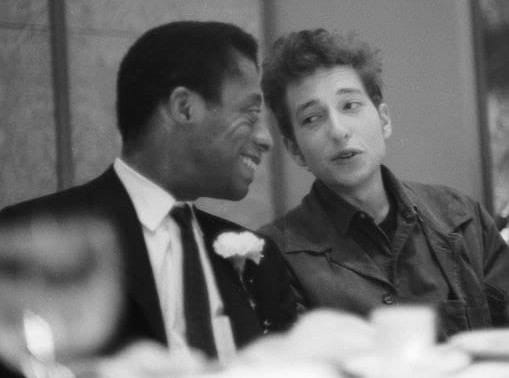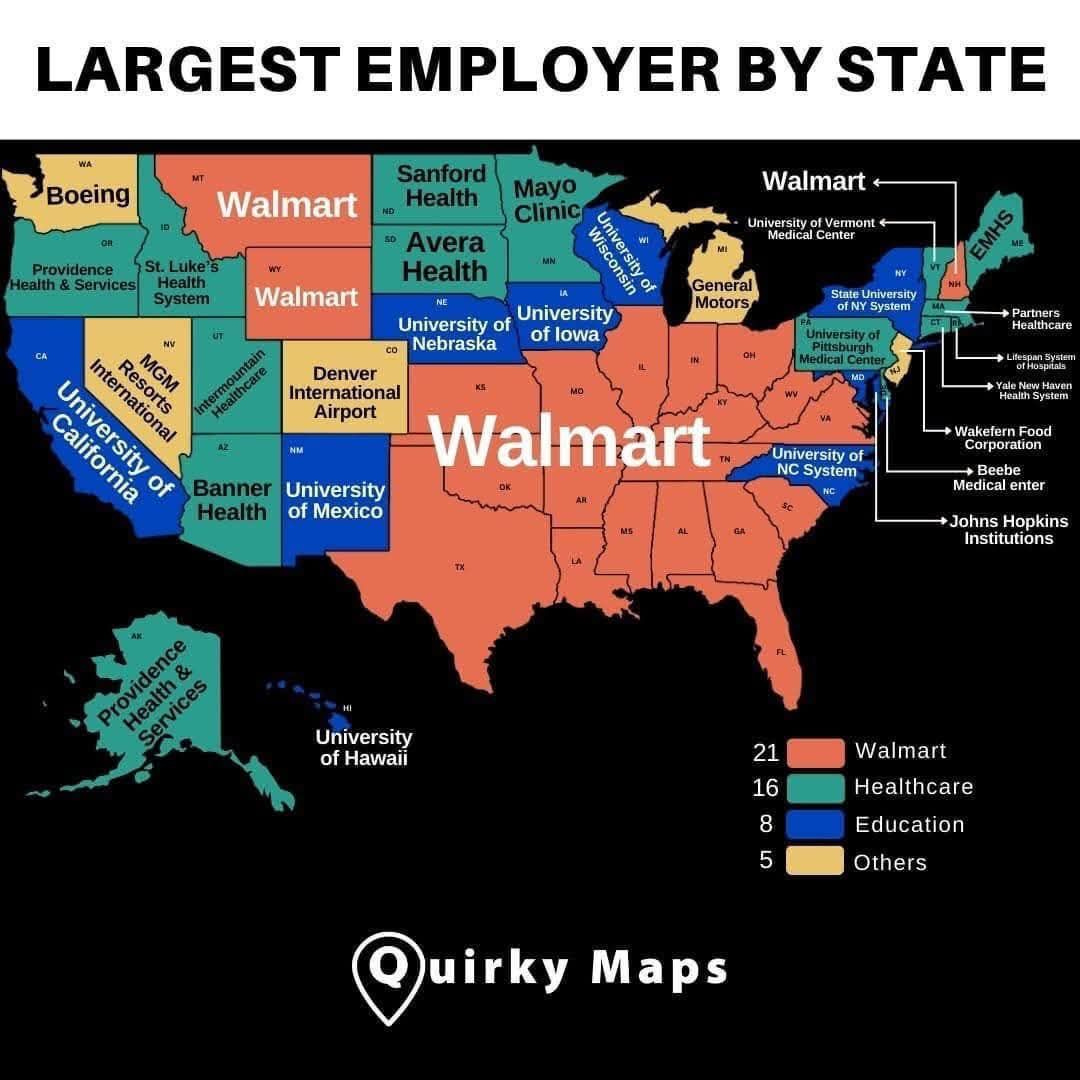Well, the cannabis leaf is added, but there was a certain sense of the psychoactive in the performances of High Street, the Colorado improvisational theater company that cut a very wide swath through the freeform radio scene back in the day. This was well before Firesign Theater but very much in the same vein, brilliant, inventive, more than a little crazy, spontaneous, and always hilarious. Improv on radio for 100,000 people and all of it off the top of their very creative heads.
They were four: Jim Clancy, Budge Threlkeld, Bodie Allen, and Kirby Johansen, and they bounced off each other like pinballs in a beautifully manic game, lights flashing, bells ringing, and one glib comment after another rolling off their tongues out into the ethers. If you turned on the 10:00 pm movie on Channel 2 in Denver, turned off the sound, and turned up the radio at KFML AM&FM, High Street would ad lib the entire movie, commercials and all, for your listening pleasure. They were hysterically funny and everybody loved it. Well, everybody except the folks at Channel 2.
They took exception and High Street’s best efforts to collaborate with them were for naught. It came to pass that the TV station would advertise one movie and then show something else to confuse everybody. High Street didn’t care. They were making it up on the spot anyhow. It was all the same to them. In all the conversations we’ve had with folks about Freeform Radio and the glory days of that great era of broadcasting genius, people consistently mention High Street among their favorite memories of that incredibly creative time. You can hear Jim Clancy tell the High Street story HERE.
Do you wonder what these guys might have to say to each other? Maybe something pedestrian, although that seems unlikely. Maybe gems of sheer brilliance or dazzling witticisms pass between them like sparks from incandescent minds. That would be more fitting to what we imagine of them. People who create things like The Fire Next Time and Tambourine Man and Giovanni’s Room and Subterranean Homesick Blues might well have important things to share with each other, too. We’d like to think so.
I once had a job that required interviewing people, some of them celebrities, among them mostly musicians. Sometimes they had a lot to say, sometimes not so much, but rarely did it matter beyond whatever they were promoting, their hot new album, a film they just completed, some cause or another dear to their heart. Every once in a while, though, a conversation developed that resonated for days or weeks after in your mind. That was more often true in conversations with everyday people simply having their say. Basic communication among people just talking things over often are best.
I was only tongue-tied once, and then not completely, but the looming presence of this particular guy was profound. Muhammad Ali was in Denver for an exhibition, so Thom Trunnell and I went looking for him. We cruised the town until outside a Marriott we spotted a long fleet of limos. We walked into the lobby, stared down any of several long hallways, when suddenly appeared a very large crowd of very handsome people and in their midst, his aura beaming like the sun, was The Champ.
“Um, um, um,” I mumbled as he approached and finally found the means to say, “Champ, I wanted to ask you about your foundation.” He took me by the arm, sat down with me on a bench, and spent some ten minutes telling me about what he hoped to accomplish in that work. I was nearly speechless. I could only listen and nod my agreement to what he had to say. It was absolutely mesmerizing to be in the company of the single most famous person in the entire world. And he was all of that.
We ran across this map and can’t speak for its veracity, but if anywhere near accurate, it points to some of the profound implications of late stage capitalism. It might be seen to suggest that the leading employer in 21 states has workers who can’t afford healthcare in 16 states or education in eight states and likely can’t find work in the other five. What does that say about the current state of our working people?
There are the eminently successful captains of industry out there who on average are making 300 times per hour the average wage of their employees. The pay of a CEO has increased nearly 1500% since 1978. The hourly wage at Walmart and other such employers not very much at all (HERE). Household income since 1970 has increased 5.5 times, while the cost of housing, food, education, and healthcare has grown by much greater multiples (HERE). Workers were far better off financially fifty years ago.
The self-referential titans of tech known colloquially as the Revenge of the Nerds who are piling up money fast as fiber optic conduits can deliver it exist at one very extreme end of the financial spectrum. Imagine a very tall flagpole atop a very narrow tower. Perched on the ball at the summit are 24 megabillionaires. In the thin shaft below them are the rest of the reasonably well off ten percenters. And at the broad, shallow base is the rest, the service industry who are there, well, to serve them. Whatever the wealthy need can be theirs for a song because we keep those labor costs down. Way down. That hourly wage is barely enough to shop anywhere but, maybe, Walmart.








Thanks, Georgi. Those folks were a great part of the magic we shared.
Count me in as one of the folks who loved High Street! Such a creative time period.